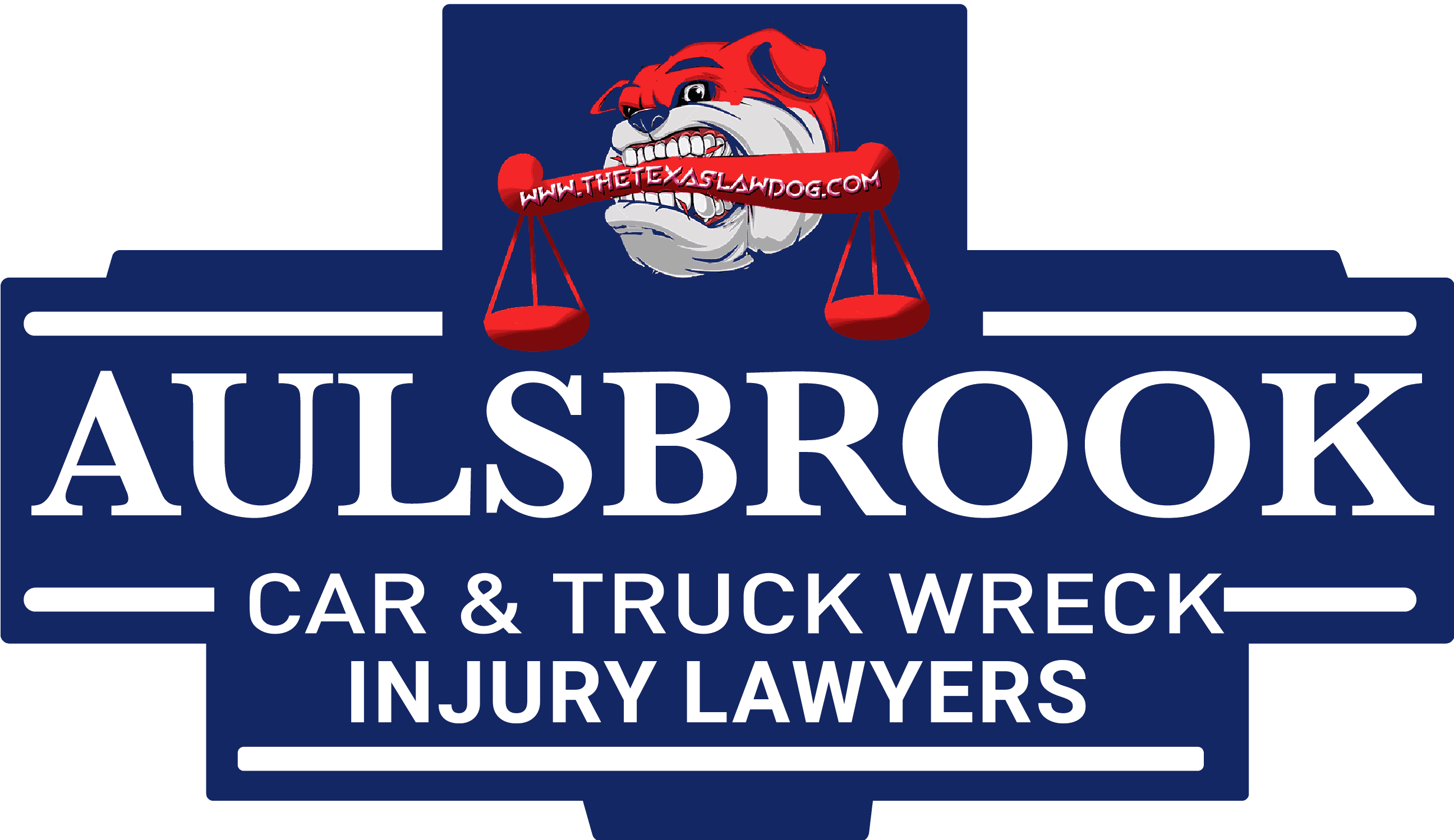Colleyville Motorcycle Helmet Laws
While riding a motorcycle can be an incredibly enjoyable pastime, it also presents a variety of potential hazards that riders can take certain steps to help mitigate. These cautionary steps include compliance with Colleyville motorcycle helmet laws.
Wearing a motorcycle helmet along with other protective gear can lessen your risk of serious injuries in the event of a roadway collision. However, if a negligent driver causes an accident, motorcycle riders could still face grave peril. If you have been injured in a recent motorcycle wreck caused by a reckless or careless driver, you may want to speak with an attorney about securing legal representation.
Motorcycle Helmet Requirements
While state laws do impose a range of requirements on Colleyville motorcyclists, including those regarding helmet wear, these standards barely scratch the surface of what is needed to ensure safe operation on the roadway. Although it is always recommended that motorcycle riders wear helmets, Texas law does not actually require that all riders wear helmets.
If a rider is 21 or younger, they must wear a helmet without exception. This is especially important to note because individuals as young as 15 can apply for a Class M license to legally operate a motorcycle. However, if the rider is 21 or older, there are two specific circumstances in which the helmet requirement does not apply.
When the rider is 21 or older and has already completed a state-approved motorcycle safety course, they do not have to wear a helmet. Likewise, when the rider is 21 or older and has taken out proper medical insurance coverage, they do not have to wear a helmet. In all other situations, the rider must wear a helmet, even if they are 21 or older.
Motorcycle riders should take all necessary safety precautions when out on the road. Moreover, it is advisable for Colleyville riders to take steps above and beyond the somewhat meager helmet and safety gear standards that state law imposes. For example, riders should not only wear a helmet, but also protective body gear—including pants, coats, gloves, and pants. Riders who operate their motorcycle in the evening or in conditions that otherwise present reduced visibility should also wear protective clothing and gear that features reflective material.
Taking these precautionary steps could not only be lifesaving measures but could also be used to disprove fault allegations from a negligent driver’s insurance company in the event of a roadway collision. In motorcycle accident cases, if it is determined that the rider was not wearing a helmet at the time of the crash, the insurance company will often try to minimize an assignment of liability to their insured by claiming that the motorcyclist’s actions contributed to the severity of their injuries.
Common Injuries in Motorcycle Accident Cases
Motorcycle wrecks are far too common, and often, these collisions occur because another driver fails to operate their vehicle with reasonable care while on the roadway. A driver who is speeding, tailgating, engaging in distracted driving, driving drunk, or engaging in other dangerous driving behaviors could strike a motorcycle rider and inflict catastrophic bodily injury.
Often, the force of the collision will cause the rider to be flung in the air from their motorcycle before landing somewhere on the roadway. Accordingly, the motorcyclist could suffer catastrophic injuries, including:
- Burns
- Paralysis
- Broken bones
- Spinal cord injuries
- Traumatic brain injuries
These injuries may be fatal in some cases, even if the rider was wearing a helmet and following other required Colleyville motorcycle laws.
Possible Recoverable Damages for Injured Bikers
Motorcyclists who are injured by a negligent driver may have grounds to pursue compensation for multiple forms of legal damages. These could include the value of their:
- Medical bills
- Emotional anguish
- Pain and suffering
- Diminished life enjoyment
- Past as well as future lost earning ability
Families who lost a loved one in a motorcycle crash may also have grounds to file a wrongful death lawsuit against the negligent driver. Recoverable damages could include the intangible losses associated with their loved one’s death—like care, companionship, and guidance—as well as tangible costs—such as lost wages, funeral expenses, and burial fees.
A Colleyville Attorney Could Explain Local Motorcycle Helmet Laws
Even if you follow all the applicable state and local laws when operating your motorcycle, you cannot foresee a negligent driver causing a terrible collision. However, whether or not you were following Colleyville motorcycle helmet laws at the time of the crash may have a bearing on the legal outcome of your case, because it could lead to a determination of how your actions could have contributed to your injuries.
The good news is, in multiple instances, Texas law allows injured victims to claim damages even if their actions contributed to the accident somehow. An attorney could explain your legal rights and potential routes to achieving maximum legal compensation. Call the office today to speak with a lawyer about your recent motorcycle accident and learn what legal remedies may be available.

